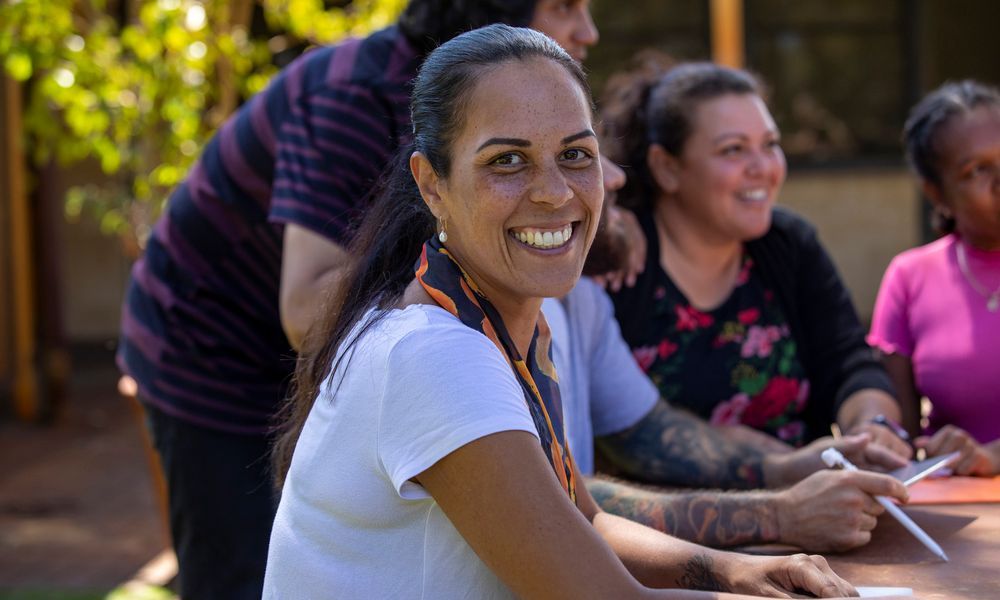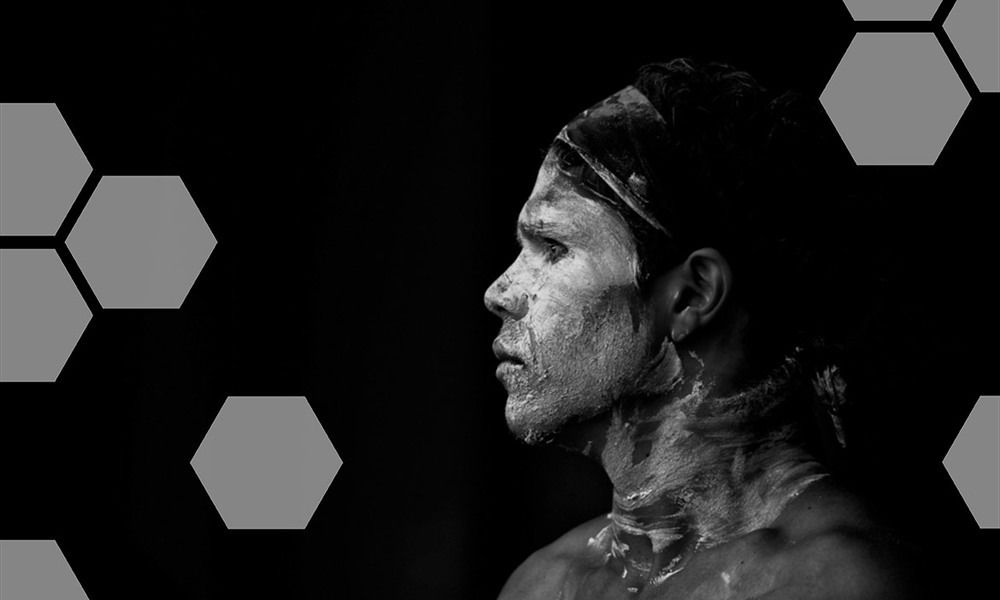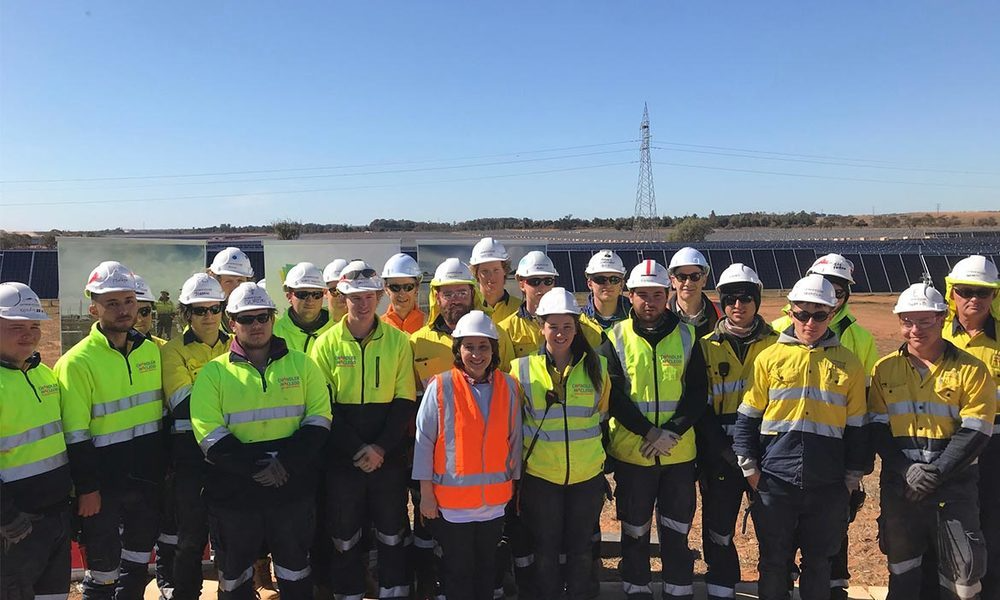Cultural Protocols
Many Aboriginal and Torres Strait Islander communities have a diverse range of customs, lores, and traditions that can be relevant to the workplace. We have created guidelines to educate and advise on some common cultural protocols.
Aboriginal and Torres Strait Islander Employment
You cannot take a ‘one-size-fits-all’ approach when working with Aboriginal and Torres Strait Islander people as they all have their own historical impacts that are different from one group to the other.
Making an effort to tailor our ways of working and communicating will improve our knowledge and understanding of diverse cultural dynamics that exist in Aboriginal families and communities.
We are sharing some examples of cultural protocols to demonstrate how increasing our awareness of customs, traditions and lores can support us in creating a more inclusive workplace.
Common Customs
ACKNOWLEDGEMENT OF COUNTRY
An Acknowledgement of Country is an opportunity for anyone to show respect for Traditional Owners and the continuing connection of Aboriginal and Torres Strait Islander peoples to Country. An Acknowledgement of Country can be offered by any person and like a Welcome to Country, is given at the beginning of a meeting, speech, or event.
Click here to view more information on Acknowledgment of Country from Reconciliation Australia.
‘SORRY BUSINESS’ (When a family or community member passes away)
‘Sorry Business’ is a term commonly used in Aboriginal and Torres Strait Islander communities to refer to the grieving process and cultural protocols surrounding the death of a person. These protocols will vary from community to community, therefore it is recommended that you consult with individuals on a case-by-case basis.

Communication Guidelines
These guidelines have been created to assist you in communicating with your Aboriginal and Torres Strait Islander workforce in a way which is both correct and culturally appropriate, and support you in fostering an inclusive workplace.
A few other examples of common cultural customs, lore, and mannerisms that are often misunderstood include:
- A soft handshake and limited eye-contact can be a sign of respect
- Being singled out for criticism or praise can cause 'shame'
- Invitations are meaningful and should be treated respectfully
- Silence is often a sign of consideration and contemplation
- Family relationships are more complex and differ from non-First Nations family structure
- Responses to questions could be short, so ask follow-up questions
- 'Men's Business' and 'Women's Business' means certain customs can only be performed separately.














